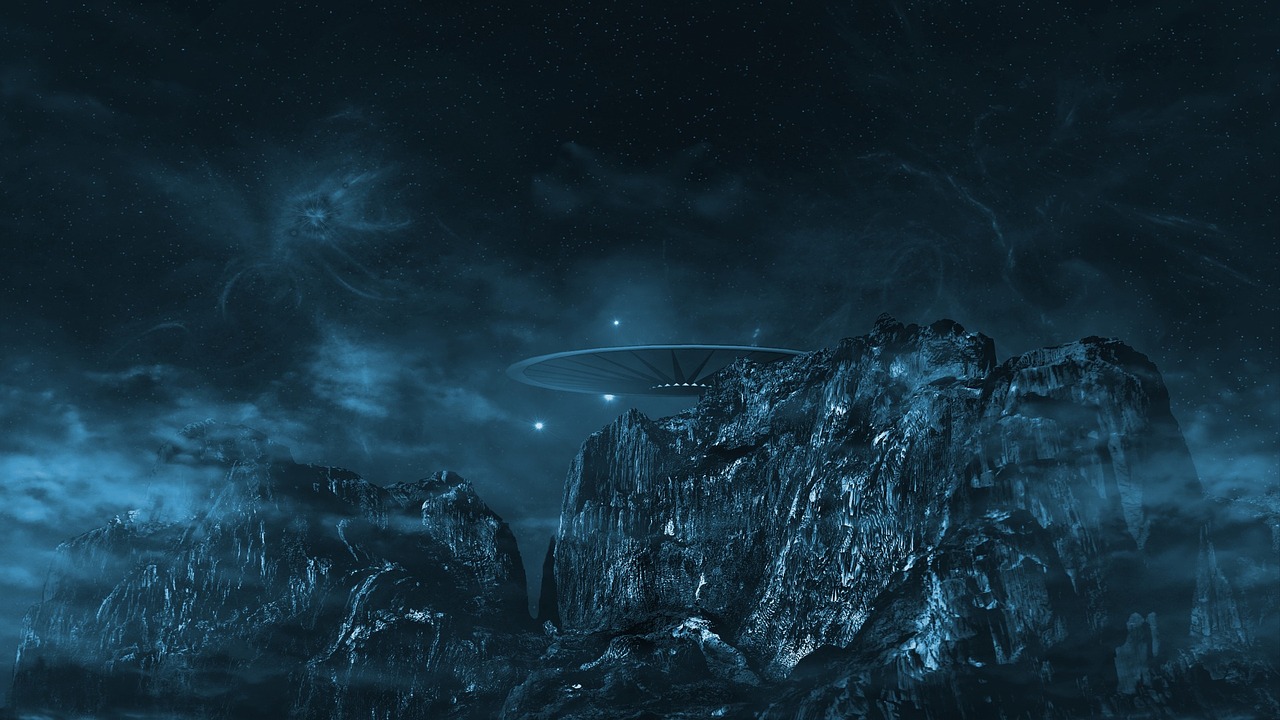
Allegory Gone Wrong—A Review of “The Soft War”
Marshall Tankersley
What makes a good allegory? Is it the ability to connect with its audience to communicate a truth or moral lesson? Is it how well the story takes and adapts real world situations and events? Is it a lack of didacticism? All of these elements are important to take into consideration for an allegory, yet far too many times they are neither considered nor utilized in the creation of stories. Allegories tend to veer away from the subtle into the land of the gauche, becoming prooftexts for a specific moral stance of opinion that the author has set about to prove. “The Soft War,” a story in two parts collected in the book Spurious Transmissions: Six Diverse Tales of Short Speculative Fiction by Mitchell Christian is, unfortunately, such an allegory. In his attempts to deal with subjects of life, death, and discrimination, author Mitchell Christian presents an unsatisfying story.
One of the largest themes in the short story is that of discrimination and segregation. Christian paints the picture of a futuristic, dystopian world in which society is divided in two―on one hand, there are the genetically pure upper class, while on the other is the genetically impure lower class. The lower class are maltreated by the upper class, and are forced to fight for equal rights. While the struggle for equality is a profound and powerful theme, Christian mishandles it badly in his story. Little to no depth or reasoning is given as to why this divide should be so profound, and the resolution to it takes an improbably short amount of time. Christian seems to have little-to-no interest in expanding upon the trope of the genetic superiors and their weaker siblings (a theme that has been around since the early days of the science fiction genre and outworn its welcome), nor does he seem willing to take the time to compensate for the lack of historical exploration with the creation of a nuanced and intriguing society or characters.
In terms of writing style, “The Soft War” is not the worst book that could be read. The prose flows easily and effectively, if rather uninspiredly. The text explains what exists in Christian’s world, but does not go to any great lengths to expand upon it. The prose finds itself serviceable if not profound, communicating what the author intends but stopping itself from going much further. A symptom of this lack of imagination comes in the form of the names given to some of the characters―who expects (or wants, even) to read a futuristic story detailing the adventures of John, Mark, and Gavin? None of these names are in and of themselves bad, but together, especially, they seem rather bland and unable to live up to the far-out world Christian has created.
Perhaps this is the story’s greatest shortcoming―that there is such a potential wealth of ideas in this situation of oppression and genetic manipulation, yet the plot focuses only on the basics and dares not explore. In a genre so consumed with pushing boundaries as science fiction, this is a nigh-on unforgivable sin. If one wants to write a story about genetic manipulation and couch an allegory about discrimination in its midst, let one first discover an interesting twist on the old ‘my genes are better than your genes’ trope; one must certainly not make the concept of equality either so obvious as the intended message of the piece or wrap it up in an extremely short amount of time.
Allegories are powerful tools, and as such must be used wisely. A good allegory can melt hearts, inform minds, and change the world, while a poorly executed one only serves to make the cause it stands for look worse. One must always remember not to focus so much on the message one wishes a story to contain, as that only ends badly. Instead, one should focus on the story itself, letting it play out naturally ― allowing the message to reveal itself organically through the text.